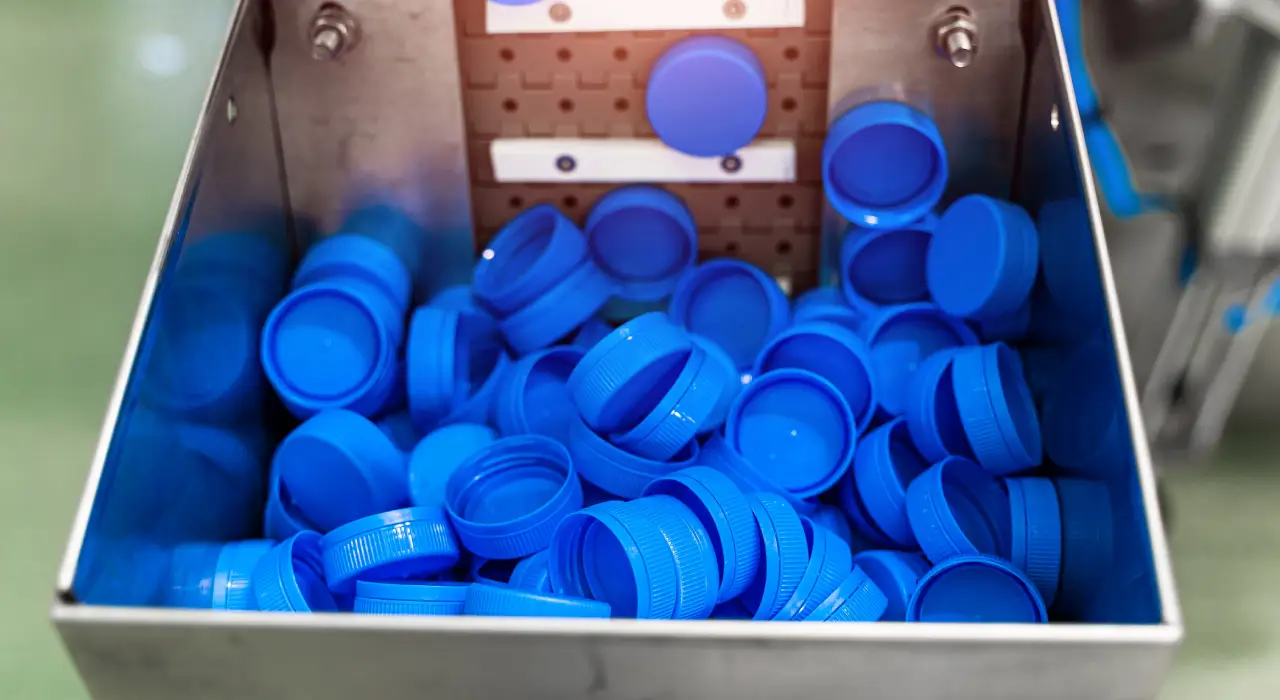A bottle cap sealing machine plays a crucial role in ensuring the safety, freshness, and longevity of bottled products across various industries, including food, beverages, pharmaceuticals, and cosmetics. This machine provides an airtight and tamper-proof seal, preventing contamination and leakage while maintaining product integrity.
Modern bottle cap seal machines use advanced sealing technologies, ensuring efficiency and precision in high-speed production lines. Whether for plastic, glass, or metal bottles, these machines enhance packaging reliability and consumer trust. Investing in the right sealing machine improves productivity, reduces wastage, and ensures compliance with industry standards, making it a vital component of any bottling process.
A bottle cap seal machine provides an airtight and tamper-proof seal, preventing contamination, leakage, and spoilage. This is crucial for food, beverage, pharmaceutical, and cosmetic industries where product integrity is a priority.
These machines can handle different bottle cap types, such as screw caps, snap-on caps, corks, and induction seals, ensuring versatility across multiple packaging needs.
Automating the sealing process speeds up production, reduces manual labor, and ensures consistent sealing quality, making it ideal for high-volume manufacturing.
With precise sealing technology, there is minimal wastage of caps and sealing materials, such as hot melt glue or other adhesives used for bonding plastic to plastic, resulting in significant cost savings.
A strong, secure seal prevents accidental spills and ensures that the product remains intact during transportation and storage, increasing consumer trust. Using a plastic bonding adhesive, such as hot melt glue, enhances the durability of the seal, providing extra protection against leaks and tampering.
Bottle cap seal machines support various sealing methods, including hot melt glue, which provides strong adhesion, quick drying, and durability even in fluctuating temperatures.
These machines help businesses comply with packaging regulations, including safety, hygiene, and quality control requirements, ensuring legal compliance and consumer protection.
Investing in a high-quality sealing machine reduces long-term operational costs by improving efficiency, reducing rework, and minimizing maintenance expenses.
A bottle cap seal machine is an essential investment for businesses looking to enhance packaging reliability, streamline production, and maintain high product standards.
Selecting the right adhesive for sealing plastic bottles is crucial for ensuring a strong, leak-proof, and tamper-resistant seal. Different adhesives offer unique advantages depending on the bottle material, bottle cap types, and industry requirements. From high-strength plastic-to-plastic bonding adhesives like hot melt glue to chemical-resistant epoxies, choosing the appropriate adhesive enhances durability, shelf life, and product safety. Below are some commonly used adhesives for plastic bottle sealing.
Hot melt adhesives are widely used due to their fast curing time, strong bonding capabilities, and resistance to moisture and temperature variations. They are ideal for sealing plastic bottles in food, beverage, and pharmaceutical applications, providing a secure, airtight seal.
These adhesives create a bond when pressure is applied, making them ideal for tamper-evident seals and labels. They offer excellent adhesion to plastic surfaces and are commonly used in resealable bottle caps.
Epoxy adhesives provide high-strength, chemical-resistant bonds, making them suitable for sealing plastic bottles that contain aggressive substances like chemicals, solvents, or pharmaceuticals. They take longer to cure but offer exceptional durability.
These adhesives cure rapidly under ultraviolet (UV) light, forming a strong, clear, and durable bond. They are commonly used in specialized applications where fast processing is required, such as in high-speed bottle sealing lines.
Solvent-based adhesives work by softening the plastic surface, creating a strong chemical bond. They are highly effective for permanent seals but require proper ventilation and handling due to their volatile organic compounds (VOCs).
Polyurethane adhesives offer excellent flexibility and strong adhesion to plastic surfaces. They are used in applications where the seal needs to withstand environmental stress, such as variations in humidity and temperature.
Silicone adhesives provide excellent water and temperature resistance, making them ideal for sealing plastic bottles used in extreme conditions. However, they may not offer the strongest mechanical bond compared to other adhesives.
Choosing the right adhesive depends on factors like bottle material, production speed, and the required level of seal strength. Whether it’s hot melt glue, epoxy, or solvent-based adhesives, each option plays a crucial role in ensuring product safety and packaging integrity.
A bottle cap sealing machine is an essential investment for industries that rely on secure, tamper-proof, and leak-resistant packaging. Whether dealing with different bottle cap types such as screw caps, snap-on caps, or corks, using the right sealing technology ensures product integrity, freshness, and consumer trust. Additionally, selecting the right plastic-to-plastic bonding adhesive, including hot melt glue, plays a crucial role in achieving a durable and airtight seal.
By automating the sealing process, businesses can improve efficiency, reduce material waste, and maintain consistency in packaging quality. A reliable bottle cap seal machine not only enhances productivity but also ensures compliance with industry standards, making it a valuable asset for any manufacturing or packaging operation. Investing in advanced sealing solutions helps brands deliver high-quality products with confidence, ensuring long-term success in competitive markets.

